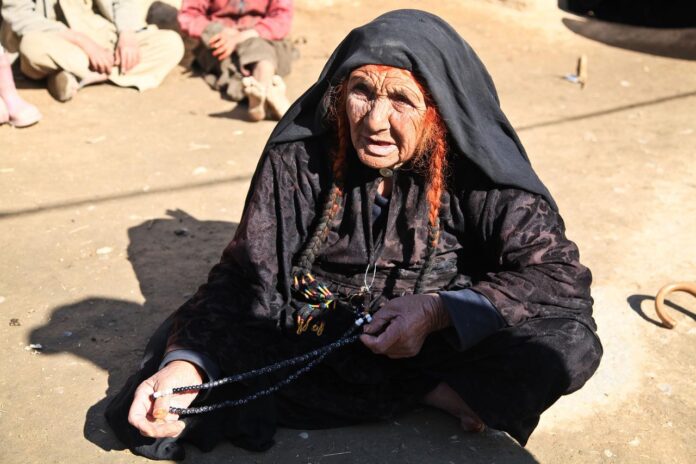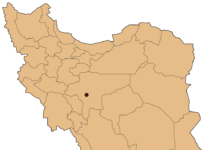A Taliban order issued on Saturday May 7th 2022 mandated that all Muslim women in Afghanistan wear full-body coverings in public, the latest in a slew of measures to limit women’s freedoms since taking control of the nation last year.
One of the most divisive aspects of the Taliban’s campaign for international legitimacy and additional assistance money has been the group’s treatment of women.
The international world has often asked for a display of better regard for women’s rights, among other things, when asking for further engagement with the Taliban.
In addition to the burqa, which covers the head and shoulders, women may opt to wear an abaya, which is a long gown with a fabric veil concealing the face.
The notification from the ministry claimed that women who appear in public in breach of the new norms on attire would initially get warnings.
At a press conference on Saturday(5/7/22), the Taliban said that anyone who continues to disregard the rule would have their residences located, and their male relatives called for punishment, which might include a prison term.
According to the ministry, women should be encouraged to comply through the media and mosques. According to Muhajir, “Muslim ladies are not frightened” about the new clothing restriction.
In recent months, Taliban commanders have toured the country to persuade Afghans that such legislation is in accordance with Islamic teachings.
Despite the absence of a law requiring them to do so, most Afghan women have always kept their hair covered in public. Women in Afghanistan had to cover themselves from head to toe under the Taliban’s rule in the 1990s. Since they were evicted, face-coverings have faded from use in metropolitan areas of the country.
The Taliban have jailed women’s rights advocates since their takeover in August. They have also restricted access to education for women and girls and prevented them from traveling abroad without a male chaperone.
As a result of rules prohibiting males and women from working in close contact, many women have been prohibited from the job during Taliban control.









